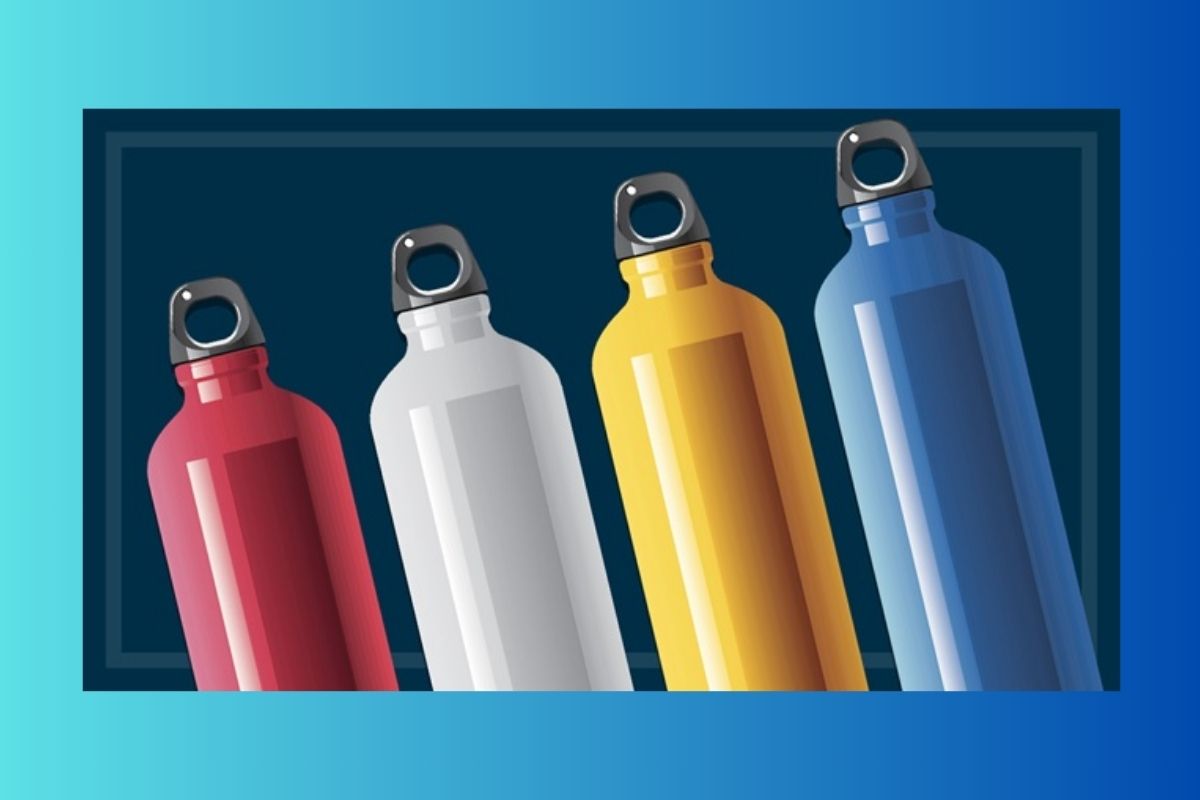Larq, the maker of smart water bottles, made headlines this week with its acquisition by Brita, the filtration giant. Specifically, Brita GmbH, founded in 1966 in Germany, which later sold its North/South American operations to Clorox in 1988.
While Brita GmbH oversees the brand globally, it’s unable to sell products under its name in the Americas. This acquisition serves as a strategic reentry point into the American market under an existing brand, albeit not widely recognized.
Larq, headquartered in the Bay Area and established in late 2017, gained prominence for its smart water bottles featuring UV light caps to reduce bacterial growth. The company expanded its product range to include a water pitcher combining UV technology with standard water filtration akin to Brita’s offerings.
“Larq provided a natural extension geographically, but also in terms of premiumization and digital transformation,” says Larq’s founder and CEO, Justin Wang. Brita aims to bolster its North American presence, primarily in the consumer market, leveraging Larq’s digital prowess.
Although Larq’s retail presence is modest, with products available in approximately 1,000 physical stores and no U.S. footprint, Brita GmbH’s international reach and retail expertise offer promising opportunities. Larq focuses on online sales, aligning with Brita’s digital transformation strategy.
While Clorox’s Brita U.S. remains dominant, Larq and its new parent eye innovation as their competitive edge.
“Wang observes that Clorox primarily operates that business as a cash cow.” That’s what they do. Clorox acquires businesses, expands its footprint on store shelves, and squeezes every dollar it can out of it. “Germany has relied more on innovating filters and their accompanying business models.”
Larq plans to maintain its product lineup while exploring avenues to integrate its technology with Brita’s offerings, likely emphasizing app connectivity and hydration tracking.



